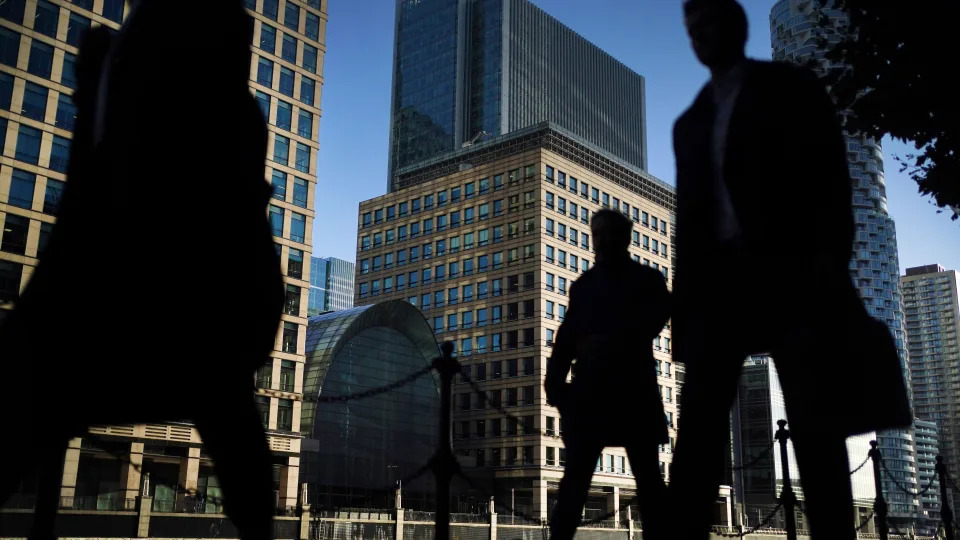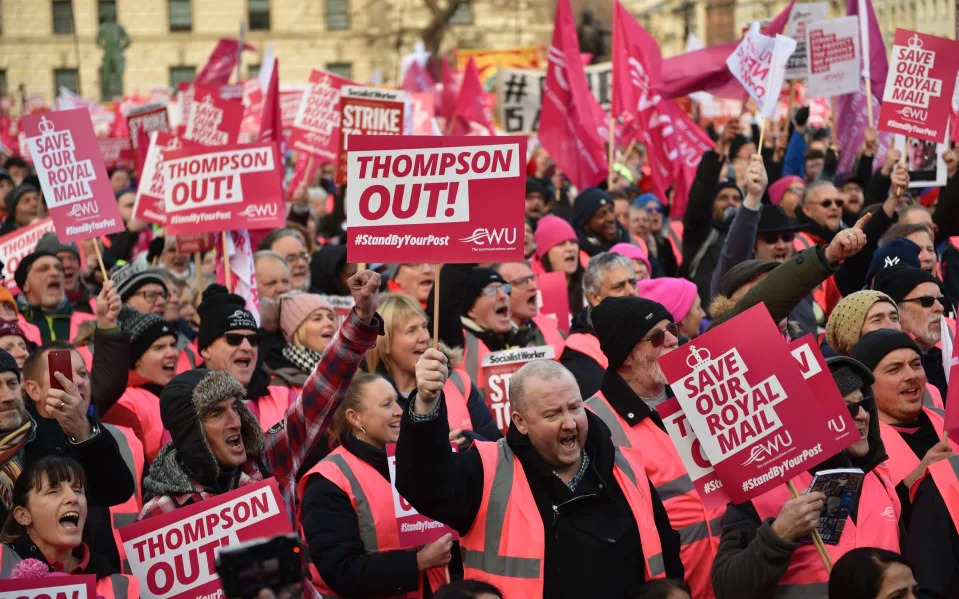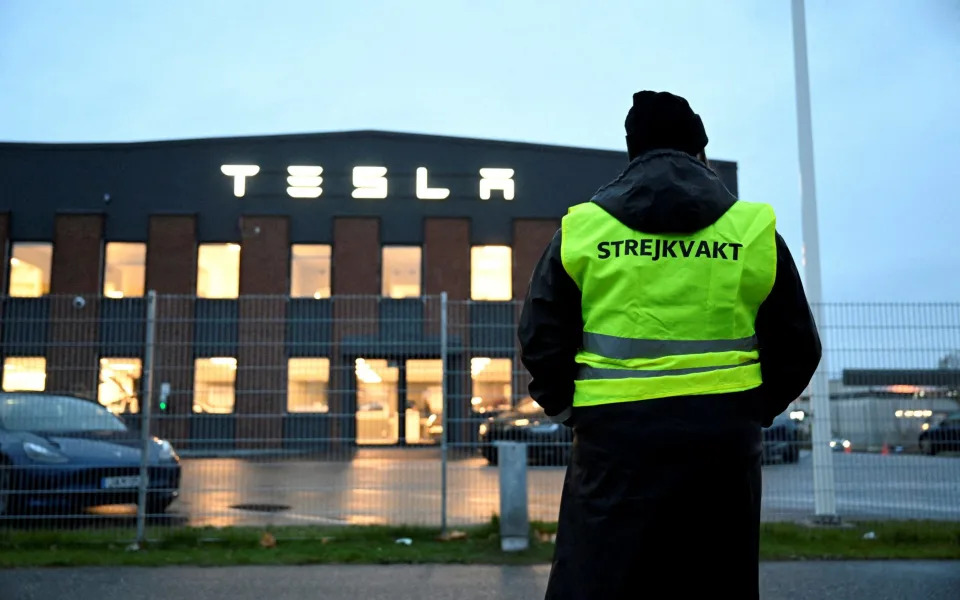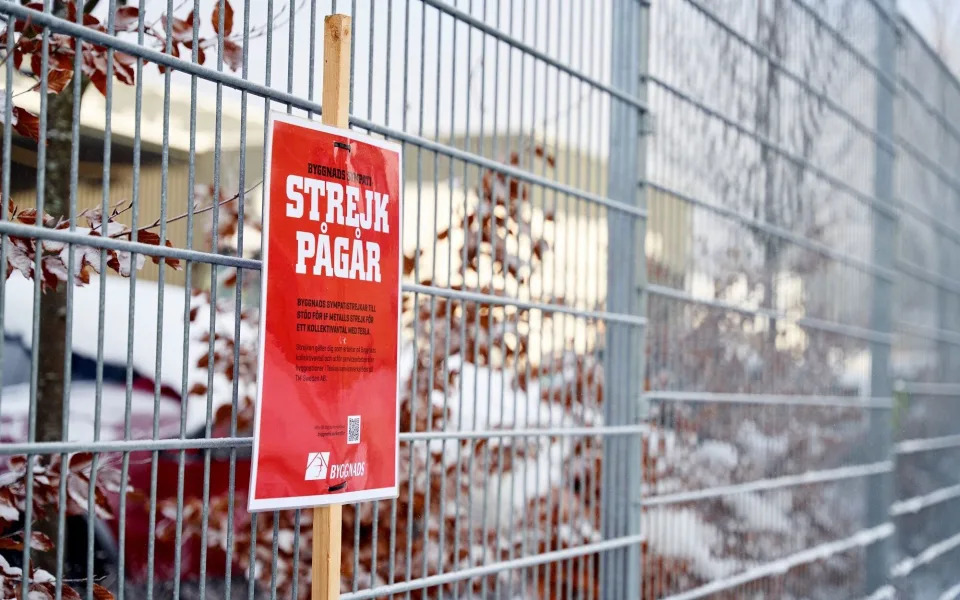Half of first-time buyers in their 20s get help from Bank of Mum and Dad
Melissa Lawford
Thu, 7 December 2023

Bank of Mum and Dad
The Bank of Mum and Dad is behind almost half of first-time home purchases by buyers in their 20s, research has found.
A total 45pc of new buyers aged between 20 and 29 said they received loans or cash gifts towards their first homes, according to analysis of official data by the Institute for Fiscal Studies (IFS).
Of these, eight in 10 said the money came from their parents, with a further 7pc saying they received help from their grandparents.
The IFS found that those getting financial support for their first home are receiving an average of £25,000 from their family.
Soaring house prices are placing home ownership increasingly out of reach, but the IFS said many buyers receiving financial support are using the money to ease the burden on mortgage repayments.
Bee Boileau of the IFS said: “The role of parental transfers extends beyond just making homeownership possible. First-time buyers who receive larger amounts in transfers tend to use this to put down larger deposits rather than buying a more expensive home.”
The average rate on a two-year fixed-rate mortgage has nearly tripled from 2.34pc in December 2021 to 6.01pc today, according to Moneyfacts.
This means the monthly cost of taking out a typical £200,000 loan is now £1,290, £409 more than two years ago.
Based on 2019-2020 average mortgage rates, a first-time buyer who received a gift of £25,000 could reduce the size of their mortgage on a typical home from 90pc to 74pc.
Over the course of a five-year fix, this means they would save £8,500 in mortgage payments. This would be equivalent to a total real return of 15pc on the £25,000.
The IFS based its analysis on responses to the Office for National Statistics’ Wealth and Assets Survey between 2018 and 2020.
Previous analysis by the ONS showed the share of first-time buyers who had financial help from family members swelled from 22pc to 29pc in the decade to 2015-16.
Ms Boileau of the IFS said parental support for first-time buyers in their 20s has likely climbed more rapidly in recent decades than for other age groups because younger buyers have lower incomes and fewer savings.
She said: “They’re therefore less likely to be able to meet the increased financial demands required to get onto the housing ladder from their own resources when house prices are high.”
It came as prices unexpectedly increased in November, by 0.5pc on a month earlier, according to the Halifax house price index.
It was the second monthly gain in a row after six consecutive falls before that. It means a typical home is worth £283,615, up around £1,300 on the previous month.
On an annual basis, prices were down 1pc compared to November last year, a sharp fall from the 3.1pc decline in the year to October.
House prices are on track to defy gloomy expectations of a double-digit drop this year. The Office for Budget Responsibility had previously predicted in March that house prices would crash close to 10pc in 2023.
But in its latest forecast unveiled alongside the Autumn Statement it said prices are now expected to be up almost 1pc for the year.


.jpg)











